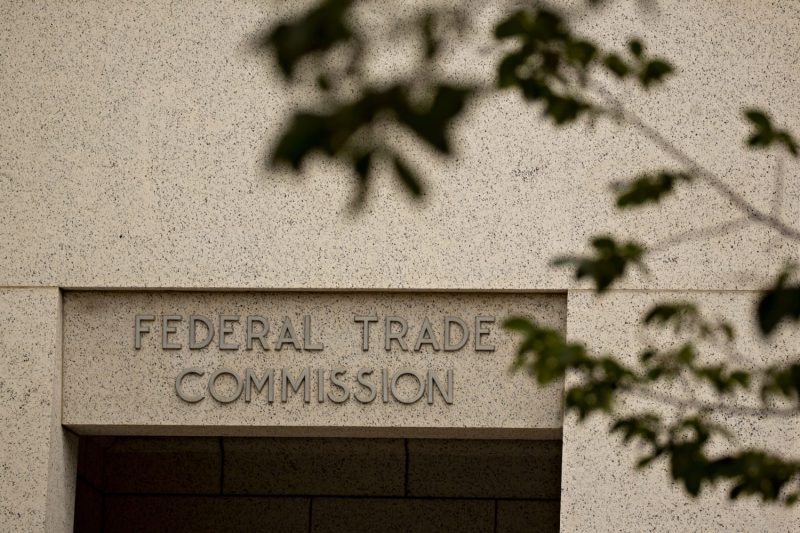The article below is for reference –
—
The Federal Trade Commission (FTC) recently filed a complaint accusing three major drug middlemen of engaging in anti-competitive behavior and inflating prices for insulin, a crucial medication for millions of Americans living with diabetes.
Express Scripts, CVS Health, and OptumRx, which collectively dominate the market for pharmacy benefit management services, are alleged to have conspired with insulin manufacturers to maintain a stranglehold on the insulin market, thus driving up prices and limiting competition.
According to the FTC’s complaint, the three companies engaged in deceptive practices by imposing exorbitant and arbitrary price increases for insulin, all while claiming to act in the best interest of patients. This scheme resulted in patients’ out-of-pocket costs soaring, making it increasingly difficult for individuals to afford this life-saving medication.
The FTC argues that this anti-competitive behavior not only harms consumers but also stifles innovation and drives up healthcare costs across the board. By artificially inflating insulin prices, these middlemen have prevented price decreases and discouraged the development of more affordable alternatives.
Moreover, the complaint highlights how these drug middlemen have coerced manufacturers into paying substantial rebates and kickbacks in exchange for preferred placement on their formularies, creating a cycle of anti-competitive behavior that harms both consumers and smaller players in the pharmaceutical industry.
In response to the allegations, representatives from Express Scripts, CVS Health, and OptumRx have denied any wrongdoing and have vowed to fight the charges in court. They argue that they have always acted in accordance with the law and in the best interest of patients.
This case underscores the need for greater transparency and oversight in the pharmaceutical industry to ensure that patients have access to affordable medications. It also serves as a wake-up call for regulators to tackle anti-competitive practices that drive up healthcare costs and limit patient choice.
As the legal battle between the FTC and the drug middlemen unfolds, the outcome of this case will have far-reaching implications for the future of competition in the pharmaceutical industry and the affordability of essential medications for millions of Americans.
In conclusion, the allegations leveled against Express Scripts, CVS Health, and OptumRx shine a light on the challenges faced by patients in accessing affordable insulin and the need for regulatory action to curb anti-competitive behavior in the pharmaceutical sector.
